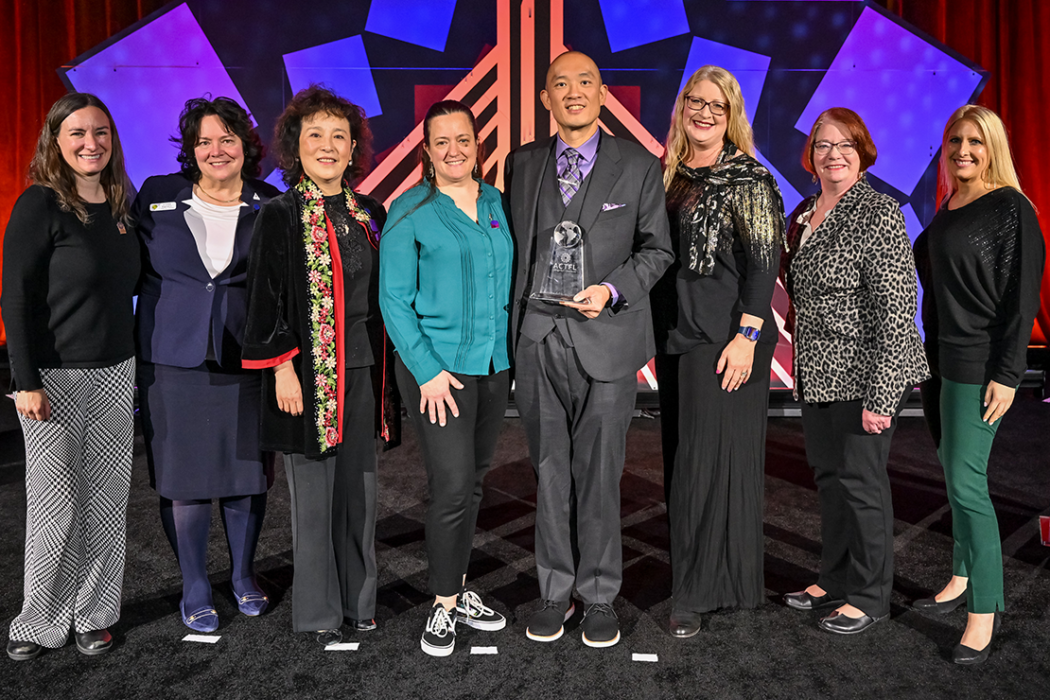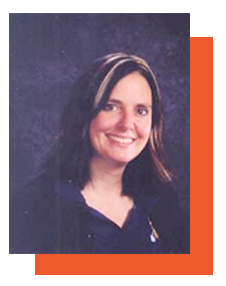Renee Fritzen

2010 Hall of Fame Nominee

Campbell County High School
Gillette, WY
2010 Finalist from PNCFL
Spanish
“Building life-long learners who value foreign language learning is imperative in my classroom. I see the value of foreign language learning in three main areas: career, community, and cultural literacy. Careers are the ‘Product’ (as in one of the three P’s) or outcome of what foreign language learning should be and provide a door for job opportunities. Community is ‘Practice(s)’ that helps define, as language learners, who they are and their place in this ‘flat world’. Cultural literacy helps students to see the value of what they are learning and gives them ‘Perspective’ in the world in which they live.
Foreign language learning is vital for an increasing number of careers. There are advantages in the job market for those people who travel and are able to solve problems, or combine work and pleasure because they are able to communicate effectively.
Student need to be able to make the connections with what they are learning as valuable in the world. That is why I like to provide communicative activities where students are role playing “real world” situations. Some days my classroom may transform into a city complete with stores where students practice asking for directions. The next unit might be a restaurant or a museum. By allowing students to make connections through real world scenarios, they are making multiple pathways to future career possibilities and opportunities. Connecting careers to the benefits of language learning makes a tangible product.
One way for students to be part of their community and experience cultural appreciation is by providing cultural activities through the arts. Through the arts, student gain an appreciation for the language of study and become “whole learners”.
Because culture inherently appeals to students through stories, art, poetry, drama, and music, students’ lives are enriched because it allows students to connect with what is in the real world. By providing real-world connections, students experience cultural input and provide output through their own participation, thus providing an ideal environment for whole learning.
Cultural literacy enables students to converse fluently and therefore become familiar with literature, history, a life interwoven with art, language such as slang expressions, and the experiences that have shaped a community. Students will see that foreign language study is an effective tool to overcome the restrictions of monolingualism and limited cultural perspective. Experiencing another culture enables students to find an understanding of their own.”